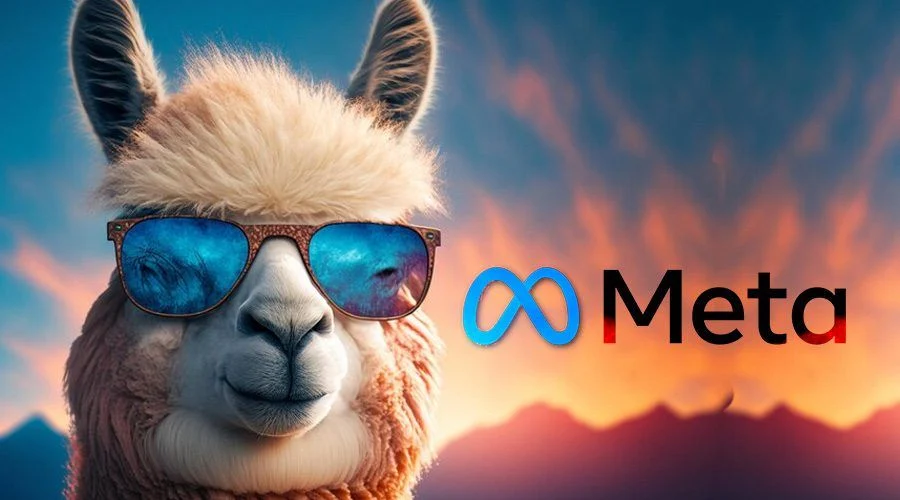Meta has unveiled its latest generative AI model, Llama 3.3 70B, which aims to deliver the performance of its predecessor, Llama 3.1 405B, but with significantly reduced costs. This marks a major step forward in Meta’s efforts to optimize the efficiency of its AI technologies.
In a post shared on X, Ahmad Al-Dahle, Meta’s Vice President of Generative AI, highlighted how advancements in post-training techniques, such as online preference optimization, have allowed Llama 3.3 to achieve superior results without requiring extensive computational resources.
Meta provided a detailed performance comparison, showcasing Llama 3.3 70B outshining competitors like Google’s Gemini 1.5 Pro, OpenAI’s GPT-4o, and Amazon’s Nova Pro in various benchmarks, including MMLU, which assesses language comprehension. A company spokesperson noted that the model delivers noticeable improvements in areas such as mathematics, general knowledge, instruction adherence, and application integration.
The model is available for download on platforms like Hugging Face and Meta’s official website. It has been designed with flexibility in mind, enabling developers to use and commercialize it for various applications. However, developers with platforms exceeding 700 million monthly users must obtain a special license from Meta.
Meta has already integrated Llama into its own operations. According to CEO Mark Zuckerberg, Meta’s AI assistant, powered by Llama models, now serves nearly 600 million active users monthly, solidifying its position as one of the most widely used AI tools globally.
Despite the model’s success, the open nature of Llama has presented challenges. Reports suggest Chinese researchers utilized a Llama model for developing a defense-related chatbot, prompting Meta to limit its availability to U.S. defense contractors. Additionally, the European Union’s stringent regulations, including the AI Act and GDPR, have raised concerns over Meta’s data usage practices. Earlier this year, EU regulators asked Meta to pause AI training on European user data to ensure compliance with privacy laws.
Looking ahead, Meta is expanding its AI infrastructure to meet the growing demands of training and deploying future models like Llama 4. The company recently announced plans to build a $10 billion AI data center in Louisiana, its largest yet. Zuckerberg revealed that training Llama 4 would require 10 times the computational power used for Llama 3, with Meta already securing a vast GPU cluster of over 100,000 Nvidia units.
Meta’s investments in AI reflect its commitment to staying competitive in the rapidly evolving generative AI landscape, even as it navigates technical and regulatory hurdles.

